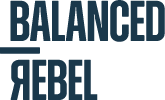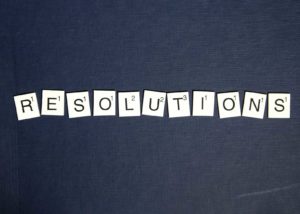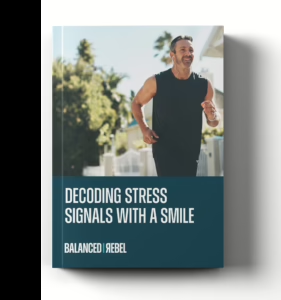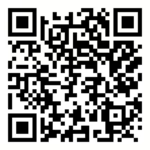In the relentless pursuit of success, recognition, and personal achievement, the ego often takes center stage. While a healthy sense of self can fuel ambition and resilience, unchecked ego-driven behaviors can quietly undermine the very foundations of longevity, energy management, and well-being. As we navigate an era defined by burnout, chronic fatigue, and the constant demand for high performance, it’s time to reflect on how the ego—when left unexamined—can become a silent saboteur of our health and vitality.

The Ego and Its Double-Edged Sword
At its core, the ego is our sense of self-identity: the “I” that navigates the world, sets boundaries, and pursues goals. In balance, it provides confidence and self-worth. But when inflated, the ego seeks constant validation, resists feedback, and craves control. This overactive ego can manifest as perfectionism, competitiveness, and an inability to delegate or accept criticism—behaviors that may seem productive in the short term but are corrosive over time.
Reflective Question:
When was the last time you resisted feedback or felt threatened by a colleague’s success? What drove that reaction—genuine self-improvement, or ego?
Ego Depletion: The Science of Drained Energy
Modern psychology offers a compelling explanation for why ego-driven behaviors are so exhausting. The concept of ego depletion describes how our capacity for self-control and decision-making is fueled by a finite reservoir of mental energy. Every time we suppress impulses, manage emotions, or maintain a façade of invulnerability, we draw from this limited “energy bank.” Over time, especially under chronic stress or overwork, these reserves run dry, leaving us mentally fatigued and less able to regulate our behavior.
Reflective Question:
Do you notice a drop in patience, creativity, or decision-making quality after a long day of “keeping it together”? How does your energy fluctuate when you feel you must always be right or in control?
The Downward Spiral: From Ego to Burnout
Ego-driven behaviors are closely linked to burnout and chronic fatigue. The constant need to prove oneself, win every argument, or micromanage every detail leads to elevated stress hormones, sleep disruption, and a compromised immune system. Over time, this relentless self-imposed pressure erodes both physical and mental health, manifesting as exhaustion, anxiety, and even depression.
In the workplace, this dynamic is particularly damaging. Leaders and employees who operate from ego often struggle to collaborate, delegate, or adapt to feedback. This not only stifles innovation but also creates a toxic environment where trust and psychological safety are in short supply. The result? Teams become less resilient, creativity declines, and collective energy is drained.
Reflective Question:
Have you ever found yourself unable to switch off after work, replaying conversations or worrying about your image? How much of that mental load is driven by egoic concerns?
Ego and Longevity: The Long-Term Cost
Longevity isn’t just about the number of years we live—it’s about the quality and vitality of those years. Research suggests that individuals with high ego effectiveness—those who can regulate their ego, adapt to feedback, and approach stressors constructively—are more likely to engage in health-protective behaviors and avoid risky habits. Conversely, those driven by ego are prone to unhealthy coping mechanisms, such as overwork, substance use, or avoidance, which can shorten both lifespan and healthspan.
Moreover, the inability to manage ego-driven impulses leads to poor lifestyle choices, impulsivity, and ethical lapses, all of which erode long-term well-being. The pursuit of status or validation at the expense of rest, relationships, and self-care is a recipe for premature decline.
Reflective Question:
What habits or routines in your life are truly serving your health and longevity, and which are fueled by egoic desires for recognition or control?
Energy Management: Moving Beyond the Ego
Sustainable energy management requires humility, self-awareness, and a willingness to let go of egoic patterns. This means:
- Accepting feedback without defensiveness.
- Delegating tasks and trusting others.
- Prioritizing recovery as much as productivity.
- Embracing vulnerability and acknowledging limits.
Organizations can foster this by designing workflows that allow for autonomy, structured breaks, and a culture of open communication. On a personal level, practices like mindfulness, reflective journaling, and honest self-inquiry can help dismantle ego-driven habits and restore balance.
Reflective Question:
What is one area in your work or life where you could let go of control or perfectionism this week? How might that shift your energy and well-being?
Final Thoughts
Ego-driven behaviors may promise short-term gains, but they extract a heavy toll on our energy, relationships, and longevity. By cultivating self-awareness and learning to manage the ego, we open the door to sustainable performance, deeper connections, and a life that is not just long—but truly lived.






